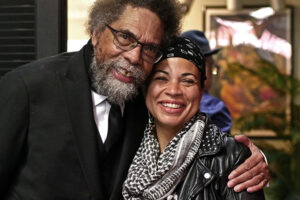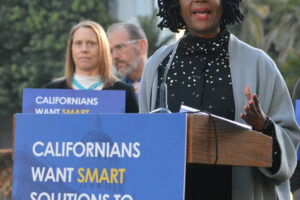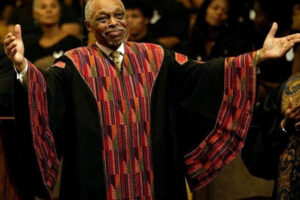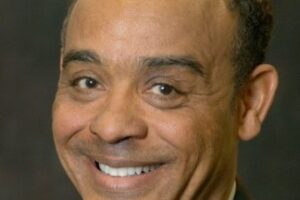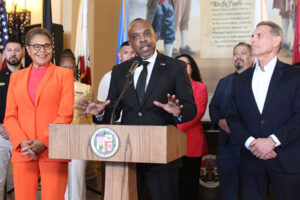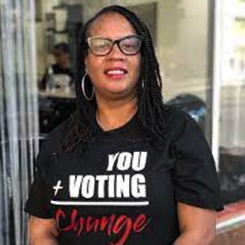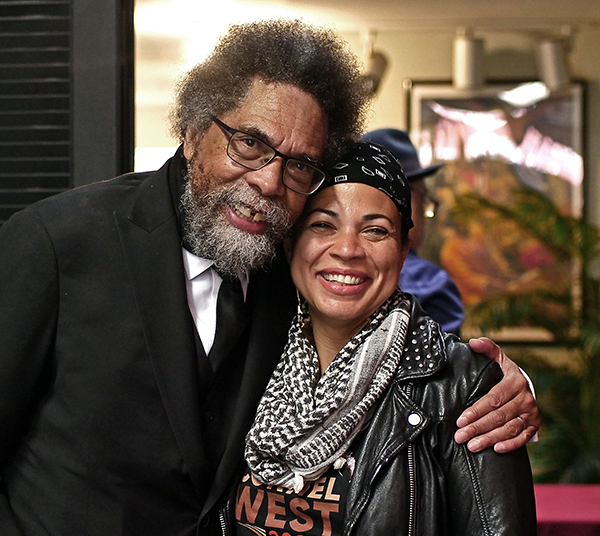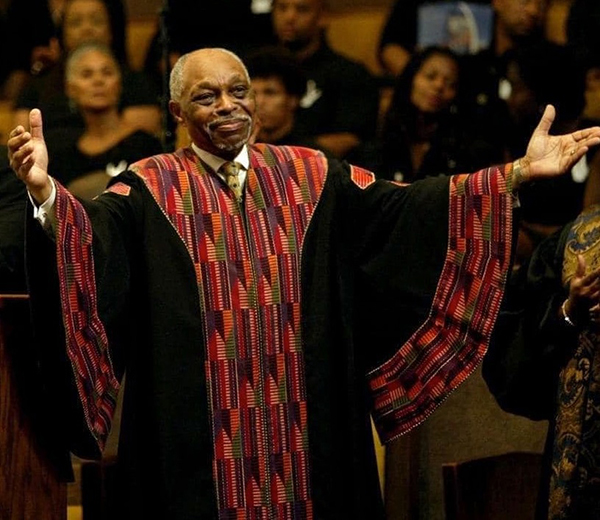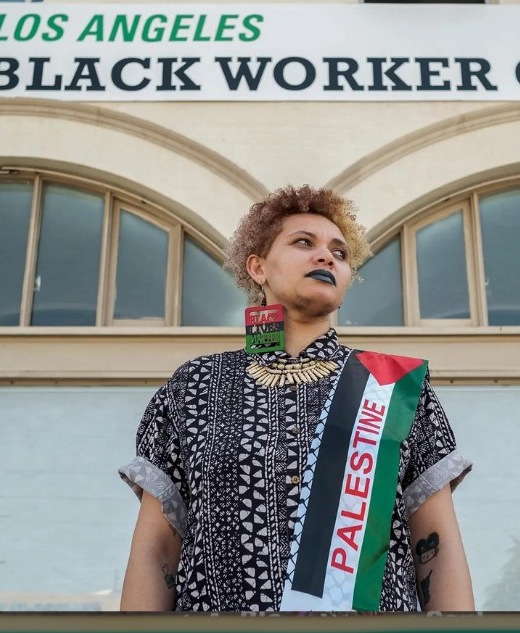Advocates encourage residents to speak out as deadlines draw near for final maps
By Tanu Henry
California Black Media
SOUTH LOS ANGELES — The region could lose one Black state Assembly seat and Carson-area residents could see their voices weakened in Congress, unless activists forcefully challenge plans to collapse two districts represented by African Americans into one and shift the boundaries of another.
That’s the dire prediction coming from political observers who say the state’s redrawing of voting districts — mandated every 10 years after the federal census count — threatens to weaken Black political power at virtually all levels of government.
“We need to lift our voices and make sure we say something,” said Kellie Todd Griffin, a Carson resident who is a local political organizer and entrepreneur. “That we don’t just sit by and let these lines be redrawn without us fighting for our interests. We have to define what community means to us.”
Griffin is known in L.A. County — and across the state — for her outspoken advocacy on behalf of Black Californians.
The California Citizens Redistricting Commission released the first draft maps of the redrawn lines for the state’s voting districts, including those in L.A. County, on Nov. 10.
By state law, the finalized versions of the new political districts have to be completed by Dec. 27. The commission is responsible for drafting maps for the state’s 52 congressional, 80 state Senate, 40 state Assembly and four Board of Equalization voting districts.
Their mandates include making sure there is an equal number of voters in each district, that each district adheres to the federal Voting Rights Act provision that all minority groups must be able to elect a representative of their choice, among other rules.
The California Citizens Redistricting Commission is tasked with mapping or re-drawing the state’s electoral lines based on shifts in the state population over the decade between census counts.
According to Census 2020 numbers, California’s Black population decreased from about 2.5 million to nearly 2.2 million over the last decade, with the highest concentration of African Americans (about 40 %) living in the greater Los Angeles area.
Griffin credits Black advocates who spoke up last month for pressuring the redistricting commission to redraw draft maps that diluted Black political power in L.A. County, where, due to a decrease in population, according to the U.S 2020 Census, California is expected to lose one congressional seat.
Draft maps released by the commission last month collapsed the only two congressional districts in Los Angeles County represented by Blacks, Maxine Waters’ 43rd District and Karen Bass’ 37th District into one district. After advocates and activists complained about African Americans losing political power, the commission separated the single district it was proposing into two constituencies again.
“We have to make sure we are submitting written comments and letting people know the things that work for us and the things that don’t,” said Griffin, who is also a member of the California Black Women’s Collective, a coalition of professionals from different backgrounds across the state committed to amplifying the voices of African American women in politics.
Griffin says because there are large numbers of Black Californians in L.A. County cities and unincorporated areas like Ladera Heights, View Park, and Windsor Hills, that Black voters have been able in the past to elect political trailblazers like Gwen Moore, Diane Watson, Yvonne Brathwaite Burke, Waters, Bass, Mervyn Dymally and Julian Dixon.
Those politicians have all effectively represented Black interests on both the federal and state level, she said.
Today, the only two African Americans in the state Senate — Sen. Steven Bradford and Sen. Sydney Kamlager — are from Los Angeles County. Six of the nine Black members serving in the California Assembly are also from L.A. County.
Other advocates like James Woodson, the policy director of the California Black Census and Redistricting Hub (CBCRH), are asking the commission to press pause and reevaluate the maps they have come up with so far. The CBCRH, also called “the Black Hub,” is a statewide coalition focused on “racial equity” and “fairness” in the redistricting process.
“The Black Hub appreciates the commission’s hard work and its early release of the maps for public input,” Woodson said. “At the same time, the Black Hub is deeply concerned that the process for developing the maps has been rushed, inconsistent and incomplete.”
Woodson said the early maps have ignored the interests of many Black communities and millions of residents in the state’s most populated areas.”
Griffin says Black Angelenos should also get involved because redistricting is also about resources.
“It’s not just about us losing political power. It’s also about us losing assets,” she said. “There were vertical lines on the maps that are now horizontal. When you look at the maps, you see that our congressional district in Carson has been attached more to Redondo Beach and Rancho Palos Verdes instead of being connected to cities like Long Beach and Compton and places like that.
Griffin says with the Summer Olympics coming to Los Angeles in 2028, there will be a lot of development and an increase in revenue for government and businesses in Carson. Redrawn political districts, she fears, could hurt her city and others nearby economically.
The L.A. City Council is also in the process of redrawing the city’s voting districts based on 2020 Census population changes. On Nov. 9, the council voted 12-2 to endorse a map recommended by a citizen’s commission. Los Angeles city residents still have a chance to comment on the drafts during the final of two state-required hearings on Nov. 23. The council will vote to finalize the redistricted City Council map on Dec. 1.
Woodson says the Black hub has drafted and submitted proposed maps to the redistricting commission that will protect Black political power and representation across California. The group collaborated in a “multi-year effort” with academic and technical experts around the state, including partners at USC Equity Research Institute, UCLA Ralph J. Bunche Center, UC Berkeley’s Othering and Belonging Institute, Advancement Project California and professor Tom Wong at UC San Diego.
“Rather than adhere to map priorities from [other] communities, we are concerned that, in an effort to prioritize all voices, some commissioners have mistakenly and unknowingly elevated voices from less diverse, affluent communities in the process, and at the expense of [Blacks and other minority] communities,” Woodson said.
To make a public comment to the statewide redistricting commission, email votersfirstact@crc.ca.gov or complete the community feedback form.

